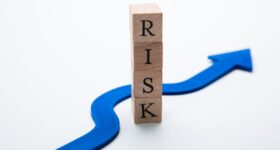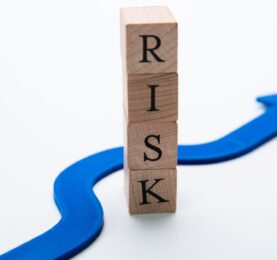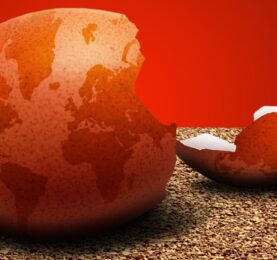For businesses, the holiday shopping period starting on Black Friday usually involves substantial investments in inventory. Retailers (especially) procure goods on credit in the months leading up to Black Friday, anticipating robust sales to cover these expenses. However, if sales at this vital time of year don’t meet expectations or if economic conditions are unfavorable, it can lead to financial strain on these businesses – bankruptcy**.
Trade credit insurers, who provide insurance against the risk of non-payment by customers, closely monitor both the micro and macro-economic realities to identify those weaker businesses that may be facing bankruptcy due to lower than expected demand. As savvy businesses, who are unsecured creditors to retailers know, if their customers face difficulties in selling their inventory or fail to generate sufficient revenue during the holiday season, they will build up a “war chest” of cash. This cash will be used by the retailer to meet the needs of its secured creditors which will better enable them to restructure under bankruptcy laws as opposed to going straight to liquidation. Of course, unsecured creditors will in all likelihood end up receiving far less than 20% of what they are owed.
The term “bankruptcy season” is a somewhat dramatic characterization. It underscores the heightened risk period for businesses experiencing financial strain, potentially leading to insolvency or bankruptcy if they cannot manage their finances effectively during this crucial sales period. Although we have stressed retailers tend to be higher risk (which is true) keep in mind that those suppliers to retailers who fail may, in turn, need to file for bankruptcy protection when their cash flow is decimated by the bankruptcy of a major retail customer. Trade Credit Insurers see an increased likelihood of claims due to business failures or defaults after the holiday season, hence the reference to Black Friday as the start of this perceived season.
So yes ….. Black Friday = THE START OF BANKRUPTCY SEASON.
Do yourself a huge favour. Insure your accounts receivable before you become a statistic. Cover Your Assets. Contact one of our members for more info https://receivablesinsurancecanada.com/our-members/
** Just a quick reminder – Kmart was rated as BB (not investment grade, but certainly somewhat respectable) just a few months before it filed for bankruptcy due to demand failing to meet expectations in the holiday season. A lot of Kmart suppliers faced bankruptcy themselves when expected payments from Kmart never materialized.











